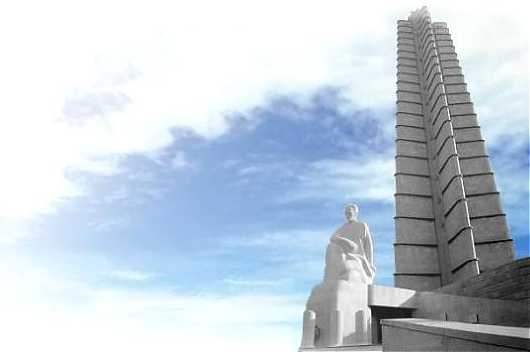
Raul Castro’s public expression justifying his delay in modifying everything that must be reformed sounds like a hollow cliché which, to be fair to Cubans and our history, the truly practical and effective thing would be that it were changed.
“We don’t have the right to be mistaken” is no more than a military slogan brought to the civilian field, whose truth the same authorities are constantly putting to the test, by counterproductive decisions and the interests of the state bureaucracy that surrounds the general-president himself.
An example is the law decree 259 concerning the delivery of lands (to farmers in a form of leasing called “usufruct”), which was “reformed” and undone according to decree 300, in which is evidenced the intention to not cede control, which for the Cuban totalitarian model equates to not losing power.
It is incredible that after almost fifty-four years in government, the repeated and apparent improvisation of the authorities leaves us the frustrating and exhausting flavor of the endless dictatorial problem. If in psychology contradictory tendencies in people generate anguish and even neurotic disorders, as a society, what will be provoked in us by the permanent conflicts that the government has gotten us accustomed to and that they seem to have no intention of solving?
With the same slogan they spent two years “analyzing and studying” in order to “not be mistaken” and to bring to us Cubans an incomplete travel/immigration law that in spite of recognizing only a handful of rights for those on the island, truncates and leaves inconclusive many of those belonging to our diaspora.
The motto remains in force — as an expression, clearly — not because the real changes that they urge for our society are really taken seriously, it seems. The keep us entertained with the dual game of “I want to but I do not dare,” when in reality they “dare and can, but do not want to.”
The foremost objective is to create for themselves a good programmatic cushion for the seat of those that succeed them or inherit, and later, for each to use his legal “reformist” feather duster in his own way so as to move the dust from one place to another and appear to be cleaning.
Maybe with such manipulations the moment will arrive when a deep cleaning becomes truly necessary, rearranging the furniture and the surly personnel accustomed to the homeland being the pedestal for the group that comes to power. That, it seems, is the basic currency of these systems, and in preserving their privileges they certainly will not allow themselves the least bit of carelessness or the right to be mistaken.
November 28 2012
